
Published:
Readtime: 7 min
Every product is carefully selected by our editors and experts. If you buy from a link, we may earn a commission. Learn more. For more information on how we test products, click here.
Nedd Brockmann is no stranger to being uncomfortable. At the end of last year, Brockmann committed to an ultra-endurance run of 1,000 miles in an effort to raise funds for homeless charity We Are Mobilise—a 12-and-a-half day slog that saw him rise to national stardom.
Since finishing up the impressive challenge, the sparky-turned-runner hasn’t stopped short. Rather, he’s keen on tackling further pressing issues through the language of athletics. This time, Brockmann has partnered with hardware chain Mitre 10, as well as charities ‘Speak & Share’ and ‘SPEAK UP! Stay ChatTY’, to kick off the ‘4.01 Club’: which encourages Australian tradies to go for a run after dropping tools at 4pm.
The goal, according to both Mitre 10 and Brockmann, is to help the rocketing rates of poor mental health rocking work sites across the country. Research by YouGov, commissioned by Mitre 10 in anticipation of the club kicking off, came to some startling conclusions.
In the YouGov Mitre 10 Tradies Survey (2025), 84 per cent of tradies admit to experiencing mental health-related challenges, while 72 per cent find work stresses are making it more difficult to connect to their friends and families when off-the-job. At the extreme end, 18 per cent of tradies admitted they’d experienced suicidal thoughts as a result of work-related challenges.
To combat the stigma of poor mental health, and get more tradies out and about, Brockmann and Mitre 10 are staging three fun runs across the country: in Sydney on 19 September, Adelaide on 23 September, and Melbourne on 25 September.
We sat down with Brockmann to talk through the 4.01 Club, as well as find out what he’s got up his sleeve for the rest of the year.
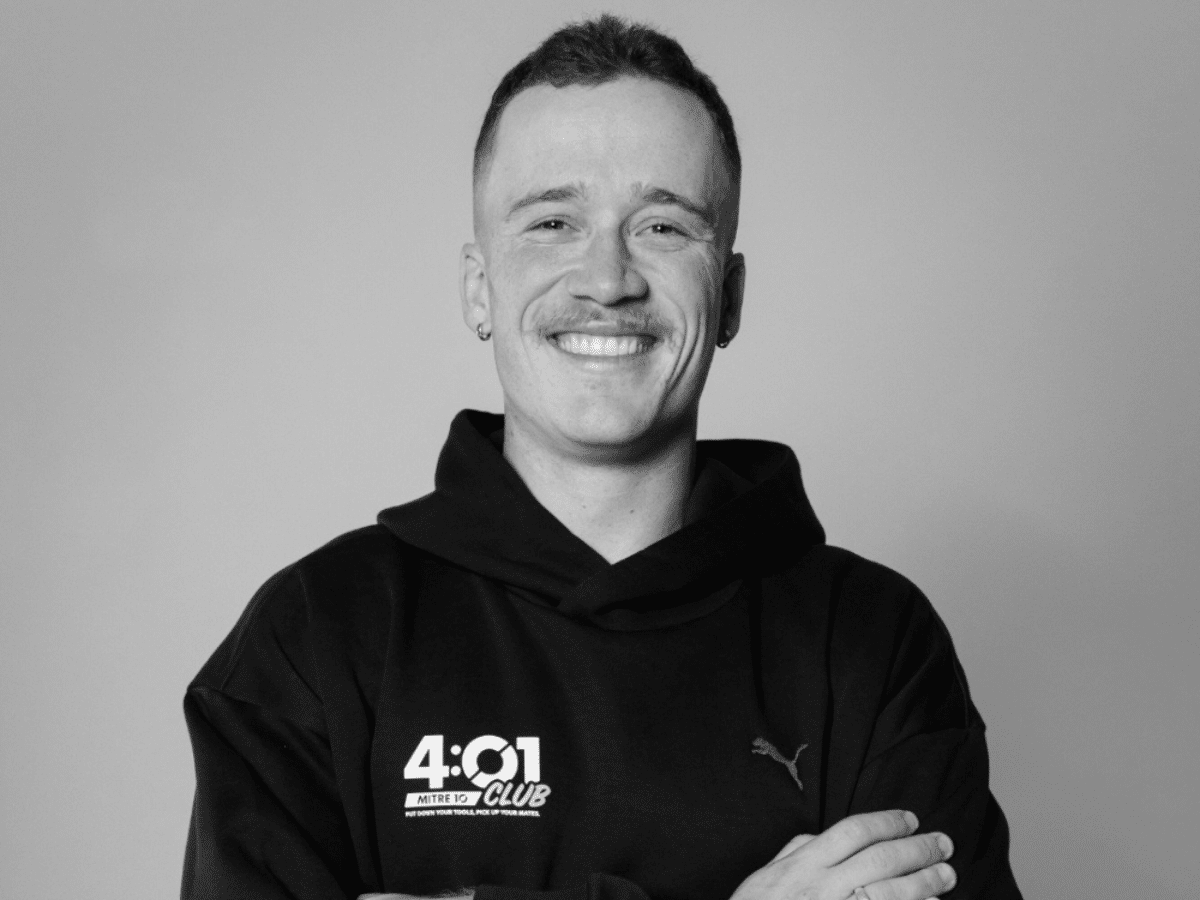
To start with, can you talk me through how you got involved in Mitre 10’s 4.01 club, and what you guys are doing together?
In the back end of last year I was supported by Mitre 10 throughout my 1,000 mile run around the track. They helped out, doing stuff at the track and helping us with updates each day, and when they came up with this initiative to help tradies —we’re in a time now where we need to be aware of what’s going on physically and mentally, and I thought why not get behind this great initiative, because they’ve got behind me so much and think this is a great one.
They’re doing a run club to start, around the country in Sydney, Adelaide, and Melbourne. It’s called the ‘4.01 Club’, it’s the minute after knock-off (for tradies), and instead of going to the pub and getting on the beers and spending times not very proactively, it’s about getting out, moving the body, and helping both your mental and physical fitness. It’s about starting conversations, and allowing tradies to have the ability to talk a bit more than they otherwise do, pretty notoriously.
I know you used to work as an electrician, can you tell me a bit about your experience in that line of work, and of people not necessarily sharing much about their mental health and the issues they’re facing?
I can only speak from my experience, when I was an apprentice it’s an interesting time, because you don’t want to speak up as a young one—you’ve come into a trade where there’s blokes who’ve been around for years, and so you kind of just do what everyone else does. You want to fit in, it’s a bit like school in a way: you don’t want to stuff up.
But I remember, money’s tough when you’re an apprentice. You’re not on that big wage yet, and there’s a cost of living crisis going on at the moment. If you’re trying to live in a big city it’s one of those things where you have to work out where you’re going to live and how you’ll get to work, and how you’re going to get ahead.
Even having those conversations is a hard one, but for me it was a matter of breaking that taboo, and make it clear that it’s okay to talk about those things. And instead of Friday afternoon, knock off and go to the pub for some beers, it’s good to finish work, head out the door and go for a run.
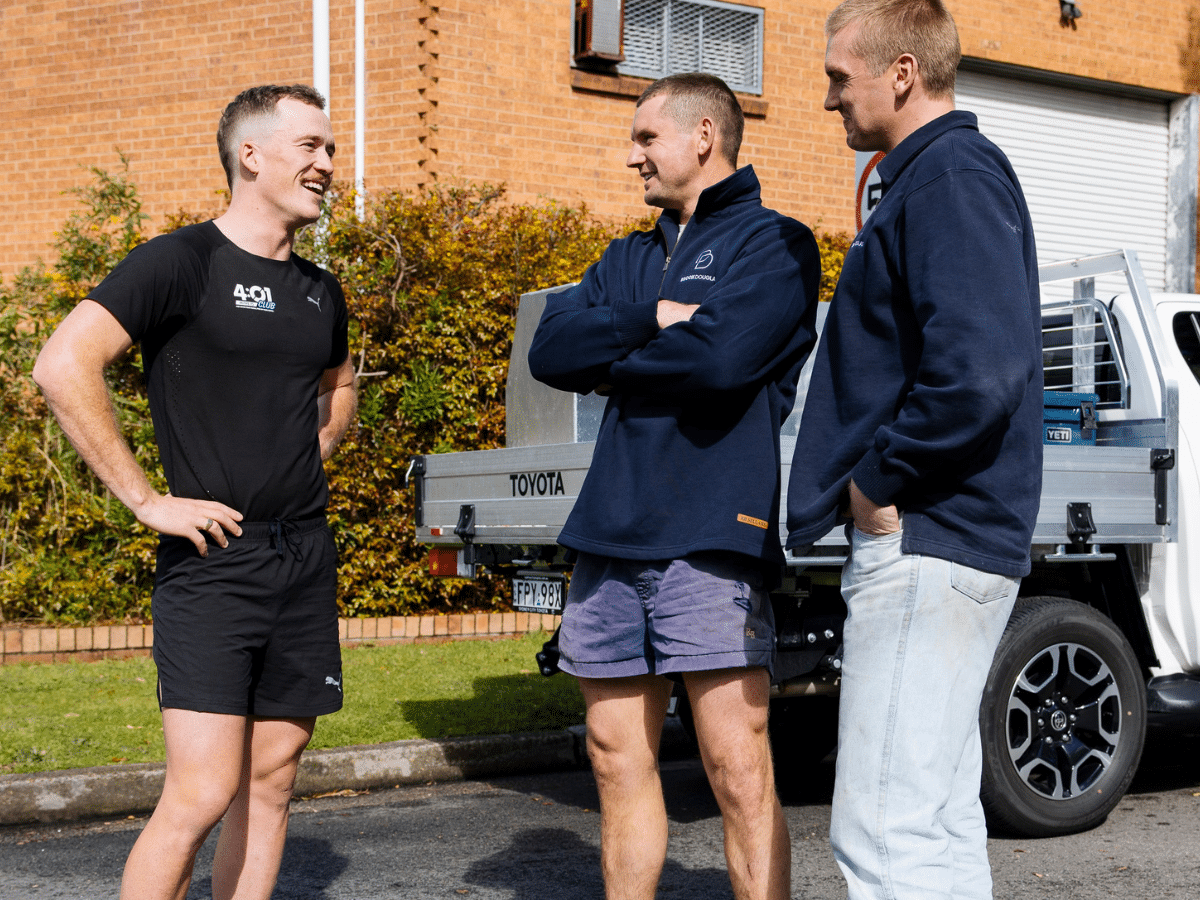
What I thought was interesting about some of the stats that Mitre 10 published is that it seems like tradies are having trouble connecting with their lives outside of work. Can you talk me through what are the barriers there?
Again, I think the cost of living crisis is tough. When you’re running a business you’re not just going to work and going home afterward, you’ve got to think about the next job, and the next few weeks, and it’s hard to switch off and be present when you get home. You don’t want to dig a hole and keep getting deeper, so you want to stay on top of everything—and that’s kind of the whole point of the 4.01 club.
It’s asking people to prioritise their physical wellbeing, and talking about their problems, because a problem shared is a problem halved, and those who are experiencing hardship, I think it’s important to speak about it.
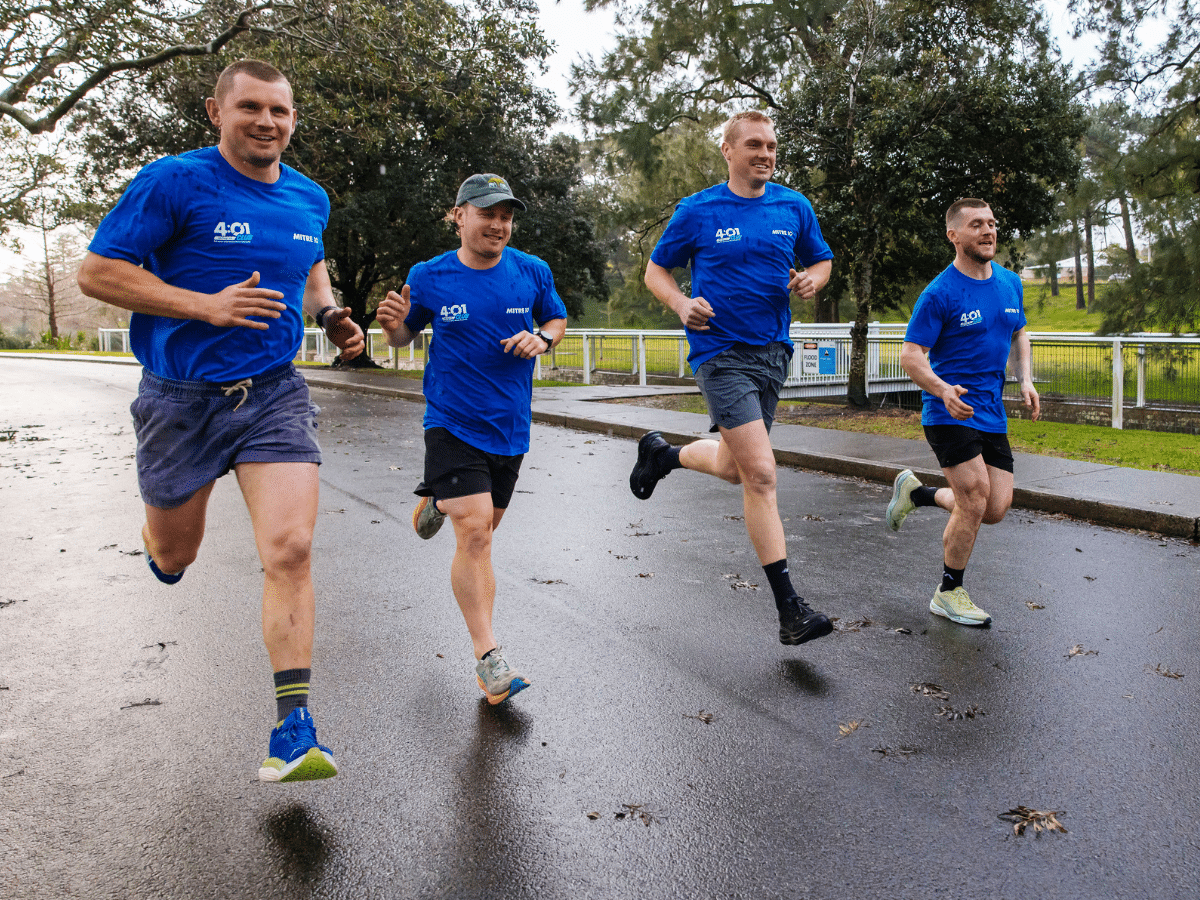
You mentioned how the run club is all about helping people through physical movement and getting people out and moving, which is reminiscent of your work in 2024 for the 1,000 mile run: can you tell me a bit about combining these causes with exercise, and why you think it’s such an effective combo?
It’s my ethos to do something hard, do something uncomfortable. The harder something is, the rougher it’ll be to get through it, but the more beauty and triumph on the other side. I kind of embrace the struggle and try to help others in the pursuit of that, and it can often feel selfish because it feels good to do those things for others. My message is to get uncomfortable and choose to put yourself in those situations (to help), because when life happens and things out of your control do hit you, you’re more well equipped (to deal with hardship).
It’s about understanding. Sometimes we can lack a bit of perspective on scenarios, so to be able to share that and talk about it (is helpful): we can recognise that there are worse things, we could be far worse off, and that we’re in a pretty good situation in a lot of ways, and be able to keep that perspective, while also remembering that times are tough, and your feelings are valid, and its okay to be like that.
It’s better to not bottle it up, and to get it out there and talk about it.
You mentioned your ethos there, around getting out there and getting uncomfortable: I did want to talk about your Uncomfortable Challenge, and see what you’re doing next?
It’s had a bit of a mix up in the past few years, because I did my 1,000 mile challenge, and everyone’s referring to that as the uncomfortable challenge, which it absolutely was (an uncomfortable challenge), but Nedd’s Uncomfortable Challenge was something we launched off the back it to get people to do something uncomfortable, something they never would have done before, and raise money for ‘We Are Mobilise’, who are helping those experiencing homelessness.
The Uncomfortable Challenge is in its second year now, and we’re trying to get people to do their own 10-day challenge (this October).
You could run, but it doesn’t have to be about running. It could be reading, it might be starting conversations with your family, it might be living off $10 a day. It’s all about doing something uncomfortable, and in that finding out that we’re far more capable than we think.
I think we’re far more resilient than we know, and doing things for others feels really good.



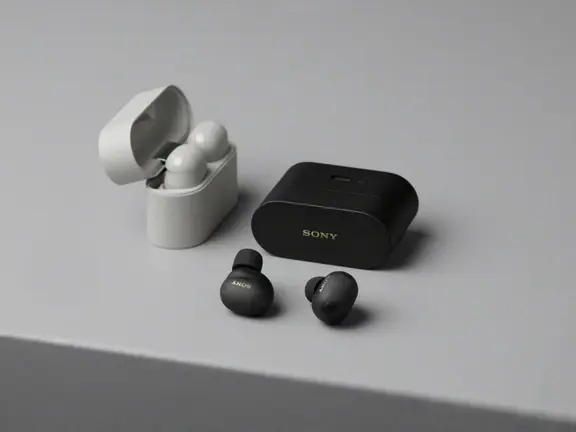




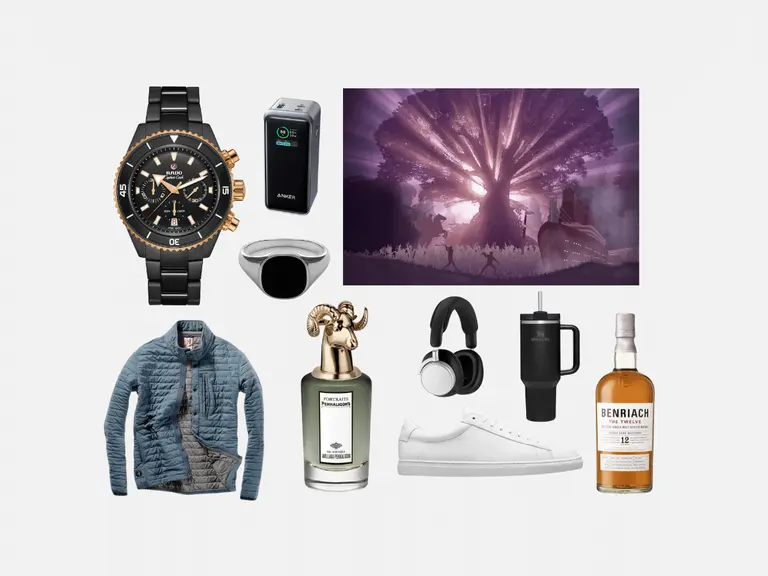




















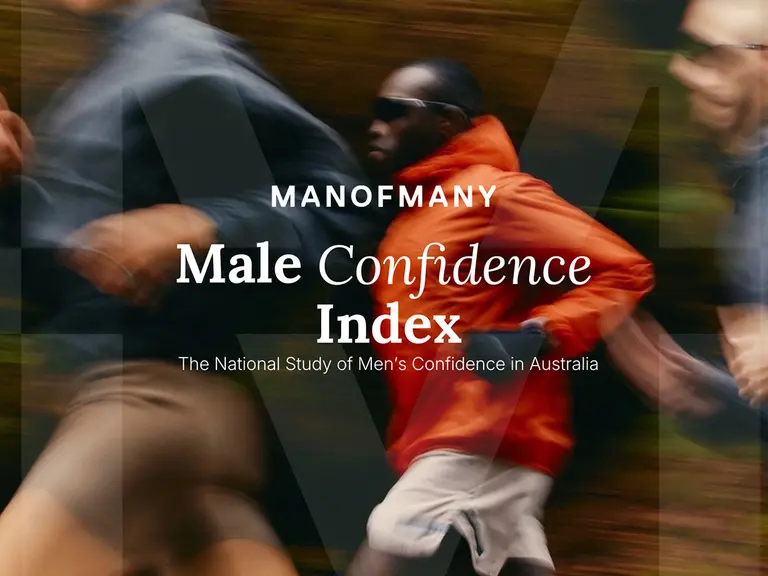


Comments
We love hearing from you. or to leave a comment.